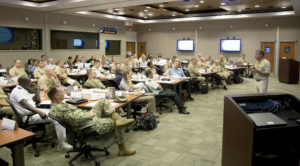
Retired Lt. Gen. Dan Leaf, director of the Daniel K. Inouye Asia-Pacific Center for Security Studies, provides opening remarks at the July 8 “RIMPAC HA/DR and Chaplaincy Symposium.”
Exploring the role of religious support in disaster response missions, 55 military chaplains from seven nations gathered at the Daniel K. Inouye Asia-Pacific Center for Security Studies July 8.
The “RIMPAC HA/DR and Chaplaincy Symposium,” conducted jointly by DKI APCSS and the U.S. Navy’s Third Fleet, was an extension of the Rim of the Pacific 2016 exercise centered at Joint Base Pearl Harbor-Hickam, HI, and surrounding waters. The event included representation from the U.S. Department of State’s Office of Religion and Global Affairs.
“With the recent catastrophic events in the Philippines and Nepal, we’ve seen the great contributions of religious organizations in humanitarian assistance and disaster relief situations. We also recognize religion is a key part of the culture of many of our partners and allies in the Asia-Pacific region,” said DKI APCSS symposium coordinator Dr. Imes Chiu. “Thus, with RIMPAC ongoing, Third Fleet asked us to a do a one-day chaplain symposium because we realize the significance of faith-based principles operating in many affected areas during HA/DR missions.”
The symposium’s objective was to provide chaplains a common understanding of these principles through sharing of perspectives and lessons learned. According to Chiu, this event was the first of its kind completely dedicated to enabling chaplains and religious personnel who deploy in HA/DR missions to assist their commanders in understanding the increasing role of religious organizations in affected environments.
Scott Aronson, USAID Office of Foreign Disaster Assistance liaison to U.S. Pacific Command, opened topical discussions with a brief on how the U.S. government responds to humanitarian crises. Aronson’s brief preceded a panel discussion titled “Cultural Landscape and Religious Approaches,” which established the faith-based context of disaster response operations in the region.
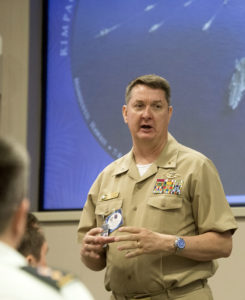
Chaplain (Capt.) Terry Gordon, U.S. Navy Third Fleet command chaplain, addresses participants who gathered to share perspectives on religious aspects of disaster response July 8 at the Daniel K. Inouye Asia-Pacific Center for Security Studies. The symposium was an extension of RIMPAC 2016.
One of four panelists Dr. Michael Hamburger, a senior advisor in the State Department’s religion and global affairs office, pointed to Hurricane Katrina’s devastating impacts on New Orleans, La., as a premier example.
“It turned out that faith communities in the United States were among the first to step in, often reaching places (where) the federal, state, and local governments were unable to provide services in a way that was efficient, compassionate and fundamental to the survival and return to normal life of the citizens of New Orleans.” These services, added Hamburger, include providing short-term housing and shelter, contributing to search and rescue operations, and delivery of food, water and medical aid.”
He said this, along with their intimate knowledge of an area’s geographic, cultural and political information, make faith-based community organizations a vital resource for chaplains and their units headed into an HA/DR situation. He advised chaplains to build connections with these groups, understand what resources they provide, and know how they interrelate with local governments. Such connections, Hamburger related, can make coordination and response processes easier.
Participating chaplains carried their newly enhanced knowledge into a concluding exercise. They split into three groups to assess crisis scenarios based on real-world events. Each scenario was crafted to challenge chaplains in understanding the potential impact of religious dynamics in HA/DR missions in the Indo-Asia-Pacific operational area and conversely, the impact of HA/DR operations in the religious dynamics of the operational area. Teams analyzed impacts of a nuclear incident, a super typhoon, and a seaborne migration crisis, then developed a recommended list of actions as part of an effective response.
Six key response areas for each scenario included:
- Dealing with grief;
- Caring for the forces;
- Providing religious services;
- Receiving support from home;
- Dealing with the press; and
- Providing self-care.
“My sincere hope is (the symposium) gives perspective to our role in an HA/DR crisis. (It) allows people to have a better understanding of the nuances of that kind of operation,” said U.S. Navy Chaplain (Capt.) Terry Gordon, Third Fleet command chaplain. He related the symposium was the first HA/DR-specific training offered to military chaplains in a formal, academic setting.
“For the first time, chaplains have been given a platform to learn with each other and establish a network of community interests they can reach out to…not just in the U.S, but with our allies and partners,” said Chiu. Gordon, too, stressed the importance of the relationship building aspect, calling such connections “critical.”
Chiu added this event was a continuation of previous DKI APCSS engagements with RIMPAC and provides a foundation for future, similar interactions.
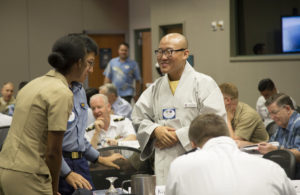
Multinational military chaplains converse during a July 8 symposium at the Daniel K. Inouye Asia-Pacific Center for Security Studies. Fifty-five chaplains gathered to discuss their roles in humanitarian assistance/disaster relief missions.
DKI APCSS is a Department of Defense institute that addresses regional and global factors impacting the Asia-Pacific security environment. Military and civilian representatives from the United States and Asia-Pacific nations participate in a comprehensive program of executive education, professional exchanges and outreach events, both in Hawaii and throughout the Asia-Pacific region.
The Center supports the U.S. Pacific Command by developing and sustaining relationships among security practitioners and national security establishments throughout the region. DKI APCSS’ mission is to build capacities and communities of interest by educating, connecting and empowering security practitioners to advance Asia-Pacific security. It is one of the Department of Defense’s five regional security studies centers.
Since opening in 1995, more than 10,000 alumni representing over 122 countries and territories have attended DKI APCSS courses and workshops.
-END-


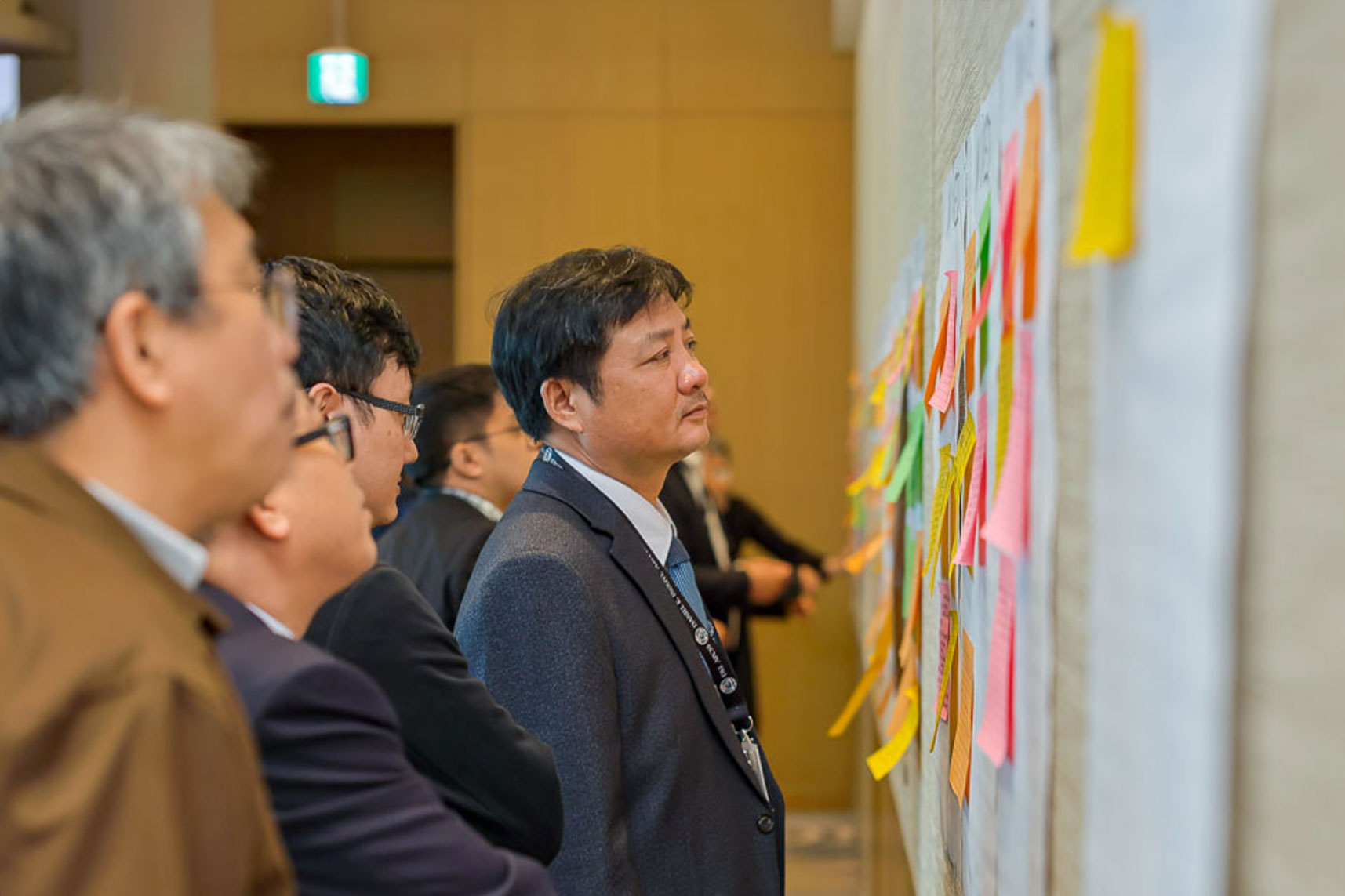
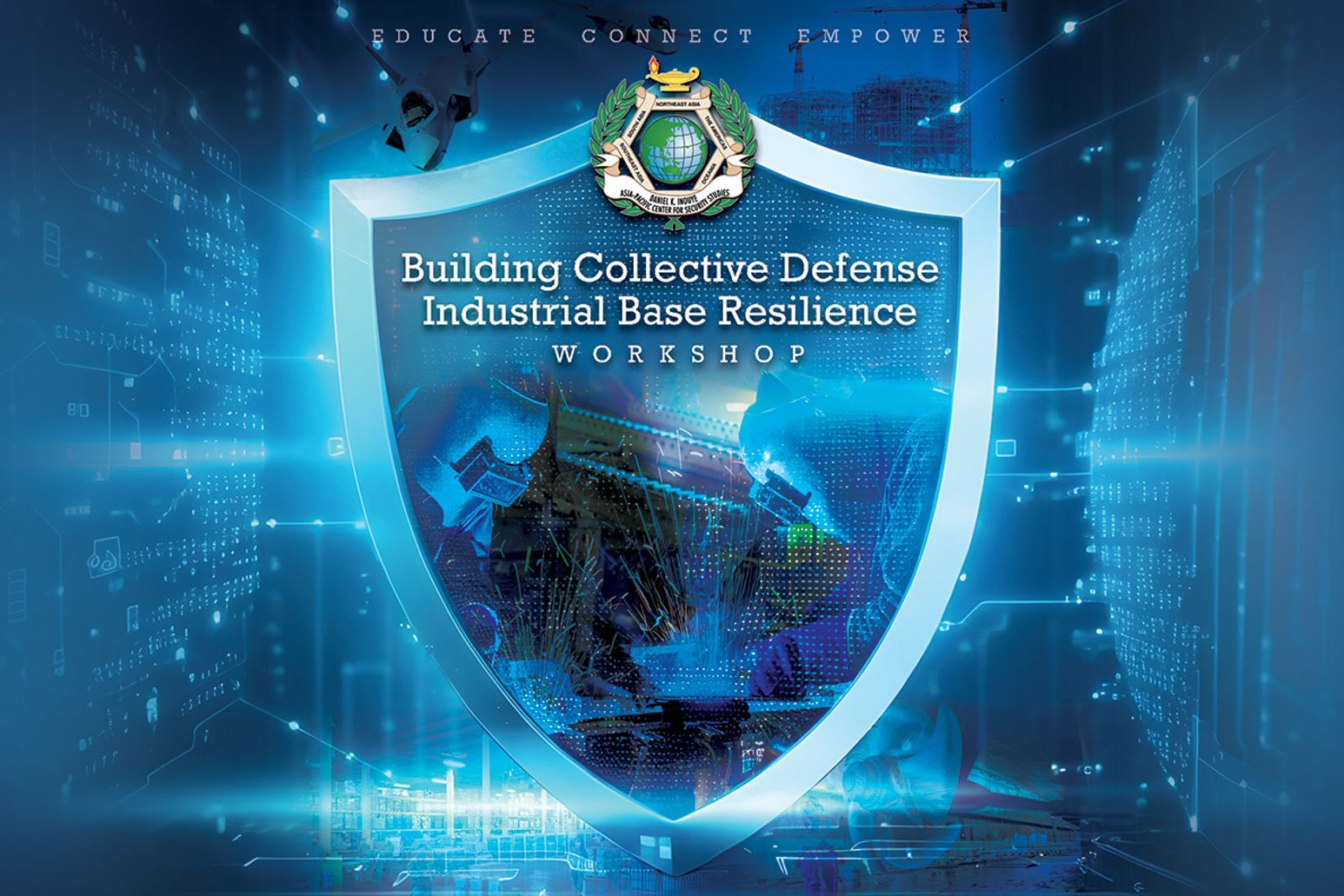
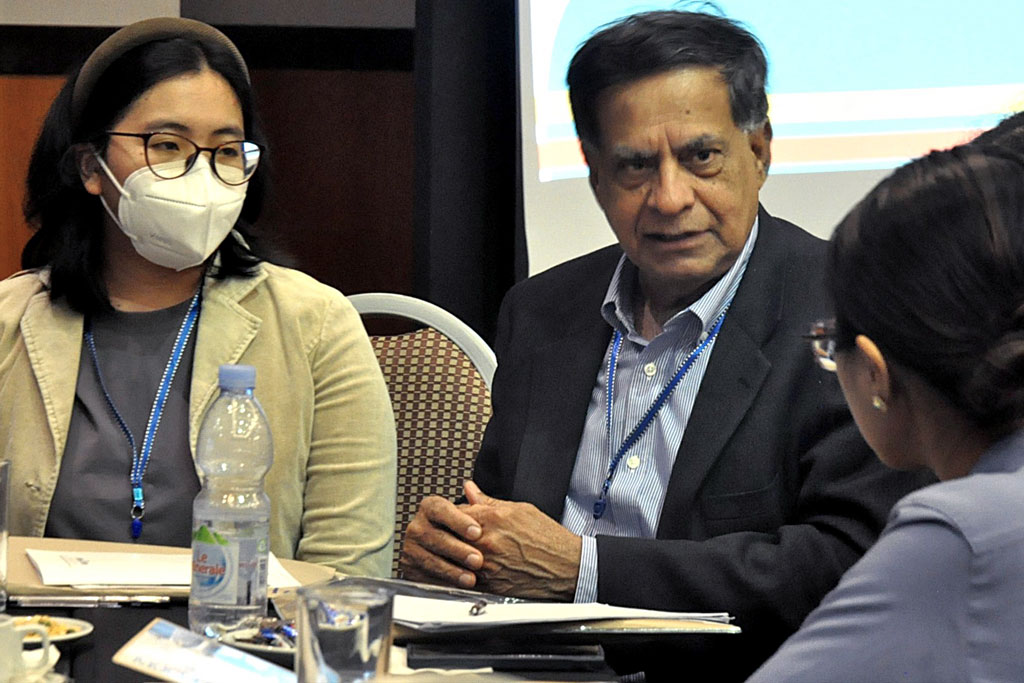




Leave A Comment